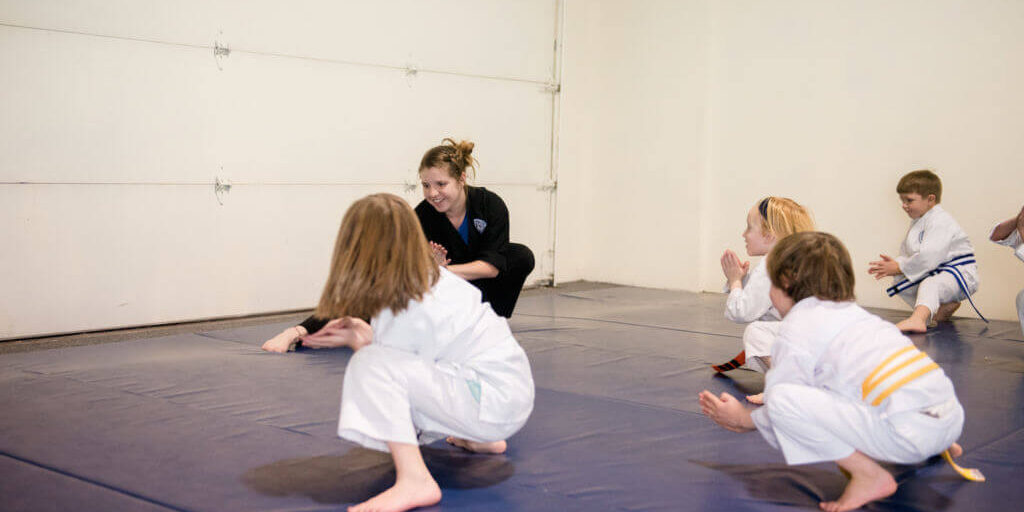
Karate for kids at Total Ryu
A few weeks ago, I mentioned three great reasons to have your child start or continue to participate in martial arts, karate and jujitsu, for kids from Total Ryu Martial Arts. As previously mentioned, martial arts training exceeds most sports in developing key physical abilities and lifetime confidence. There are many, many benefits that come from martial arts training: whole body asymmetrical coordination, bone conditioning, complete flexibility combined with strength, eye to hand coordination, power, speed, agility…I could go on and on. You would literally have to take all the sports available at the same time to get the same physical and mental benefits of martial arts training. Think about it.
Achievement
Total Ryu Martial Arts karate and jujitsu classes have built a goal setting process into the youth and adult programs. Belt advancement is the goal for all students, as they work towards learning and improving new techniques so that they can advance to the next level. At that new level they learn new techniques and improve on previously learned ones. This process becomes ingrained in the students, so without their realization they’ve learned goal setting, goal implementation, and continuous improvement processes.
Cooperation
To train in martial arts, you have to learn how to work with a partner or partners. This helps students learn to work together toward a common goal. They learn how to help each other out during class and to help each other advance. This process of mutual cooperation is not only essential for progress in the dojo, but in life. Our goal is to help students take the skill of cooperation outside of the dojo, to family life, school, and work.
Self Defense
Total Ryu Martial Arts karate and jujitsu programs are the best around. For a student who regularly attends, learns, and advances, these programs provide the best self-defense skills that can be learned. However, our goal is complete self-defense, not just physical self-defense. We believe the better you become at karate or jujitsu, the more confident you will appear. Those who nonverbally communicate confidence are less likely to be bullied, attacked, or otherwise threatened.







